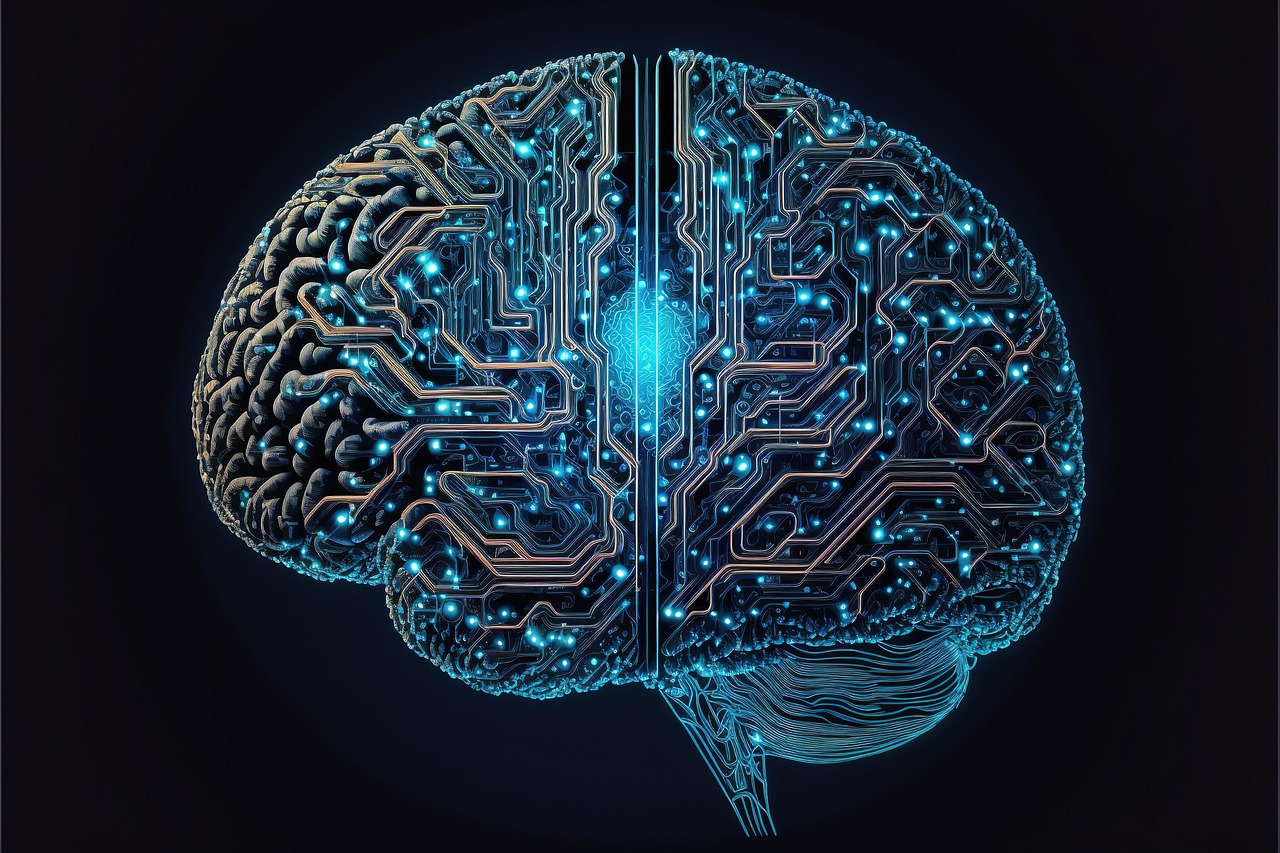
Picture this: You’re sitting in your self-driving car, munching on a meal 3D-printed to meet your nutritional needs, while your smart home adjusts the temperature based on your mood. This isn’t a futuristic sci-fi movie—it’s tomorrow. But here’s the thing nobody talks about: How does all this tech wizardry affect our psyche? Let’s embark on a playful, entertaining journey into the human mind to find out.
First off, let’s dig into the psychology behind our love for technology. It’s not just about the shiny new gadgets and gizmos. No, we’re more complicated than that. We’re drawn to technology because it satisfies our innate desire for progress and control. After all, who wouldn’t want a magic wand that can summon food, entertainment, and even a date with a single swipe?
But why do we think this way? It’s simple: evolution. Over the millennia, our brains have evolved to seek out tools that enhance our survival. Today, that survival instinct manifests as a love for technology—because let’s face it, could you really survive without your smartphone?

However, our cognitive biases often cloud our judgment. Our fascination with the new and shiny—also known as neophilia—can lead us to overestimate the benefits of technology while ignoring its potential drawbacks. Remember Google Glass? Exactly.
Emotional factors also play a pivotal role. The fear of missing out (FOMO) on the latest tech trends can lead us to make irrational decisions. Ever bought a gadget you didn’t need just because it was the ‘next big thing’? That’s FOMO at work.
Then there’s the social dynamics. Humans are social creatures, and technology has become a status symbol. Driving a Tesla or owning the latest iPhone tells the world you’re successful and forward-thinking. But it’s not just about showing off. Sharing our tech experiences online helps us connect with others, fulfilling our need for social interaction.

Let’s not forget the behavioral patterns. The dopamine hit we get from receiving a text, a like, or a share creates a feedback loop that keeps us hooked to our screens. As a result, our brains are being rewired, affecting our attention spans, memory, and even sleep patterns.
These factors combine to form our mental models—our internal representations of how technology works and its role in our lives. However, these models can be flawed. For instance, we may believe that more technology equals more happiness, even though research shows that excessive screen time can lead to stress and depression.
Despite this, we still make decisions to adopt new technology. Why? Because the benefits, whether real or perceived, often outweigh the risks in our minds. We might know that social media can be addictive and damaging, but the allure of instant connection and validation is too strong to resist.
So what’s the psychological impact of all this? Technology, like anything else, is a double-edged sword. It can enhance our lives, making tasks easier and faster. But it can also create new stresses and challenges. It’s up to us to find a balance and navigate this brave new world with wisdom and humor.
Understanding our relationship with technology can be a fascinating journey of self-discovery. It’s a mirror that reflects our desires, fears, and biases. So the next time you feel the urge to upgrade your phone or check your notifications, take a moment to reflect. What’s driving your decision? Are you in control of technology, or is it controlling you? Remember, technology is a tool, and you’re the master. Now, go forth and swipe with awareness, my tech-savvy friend!




